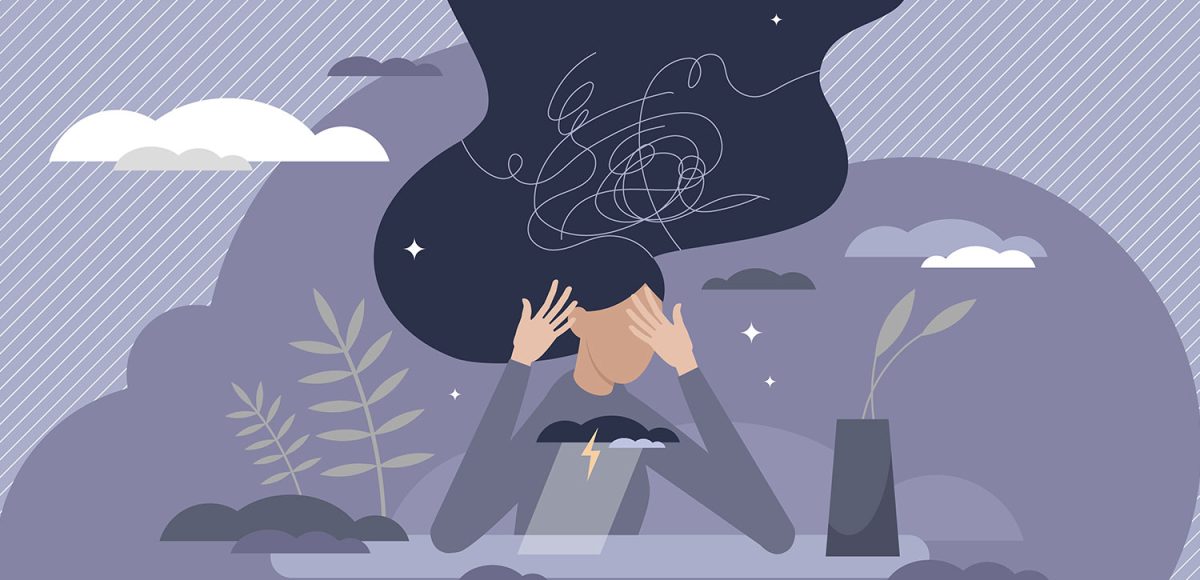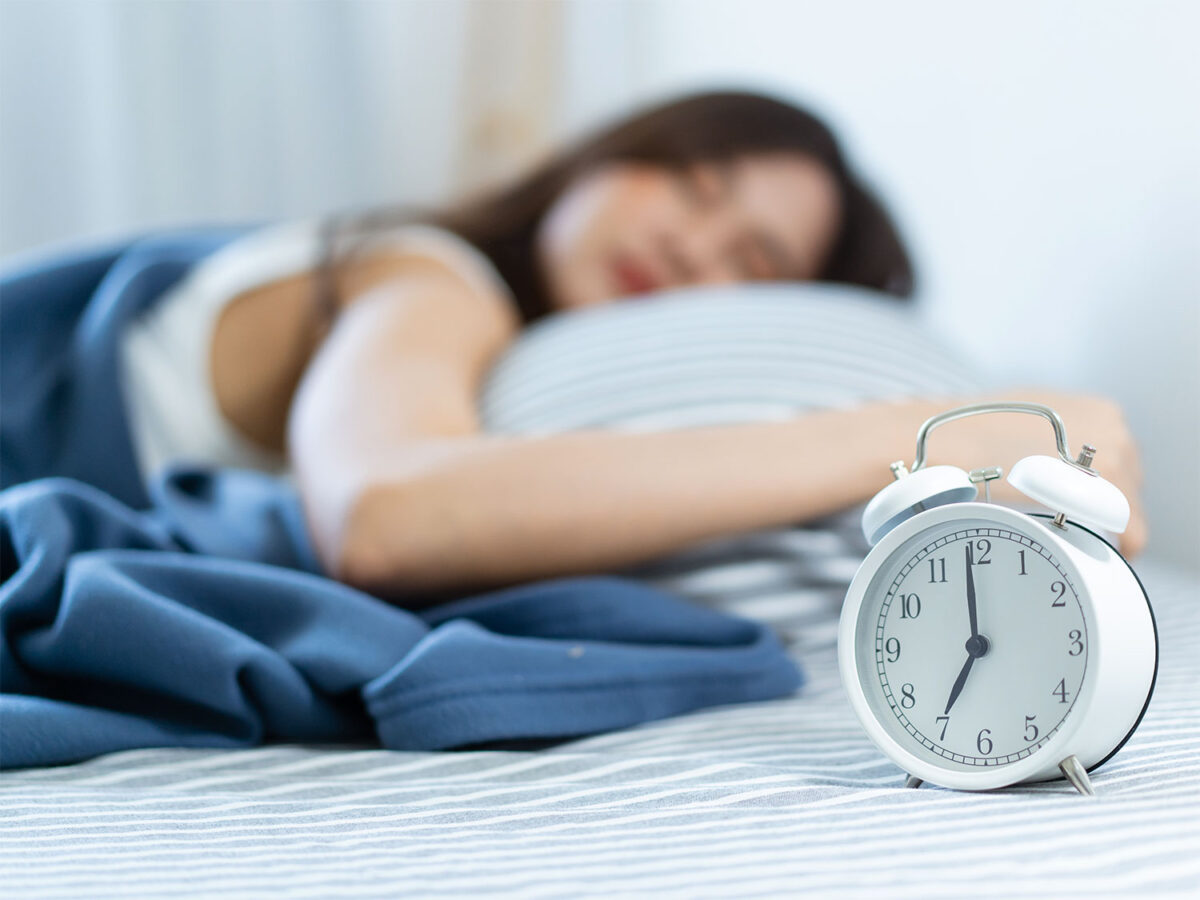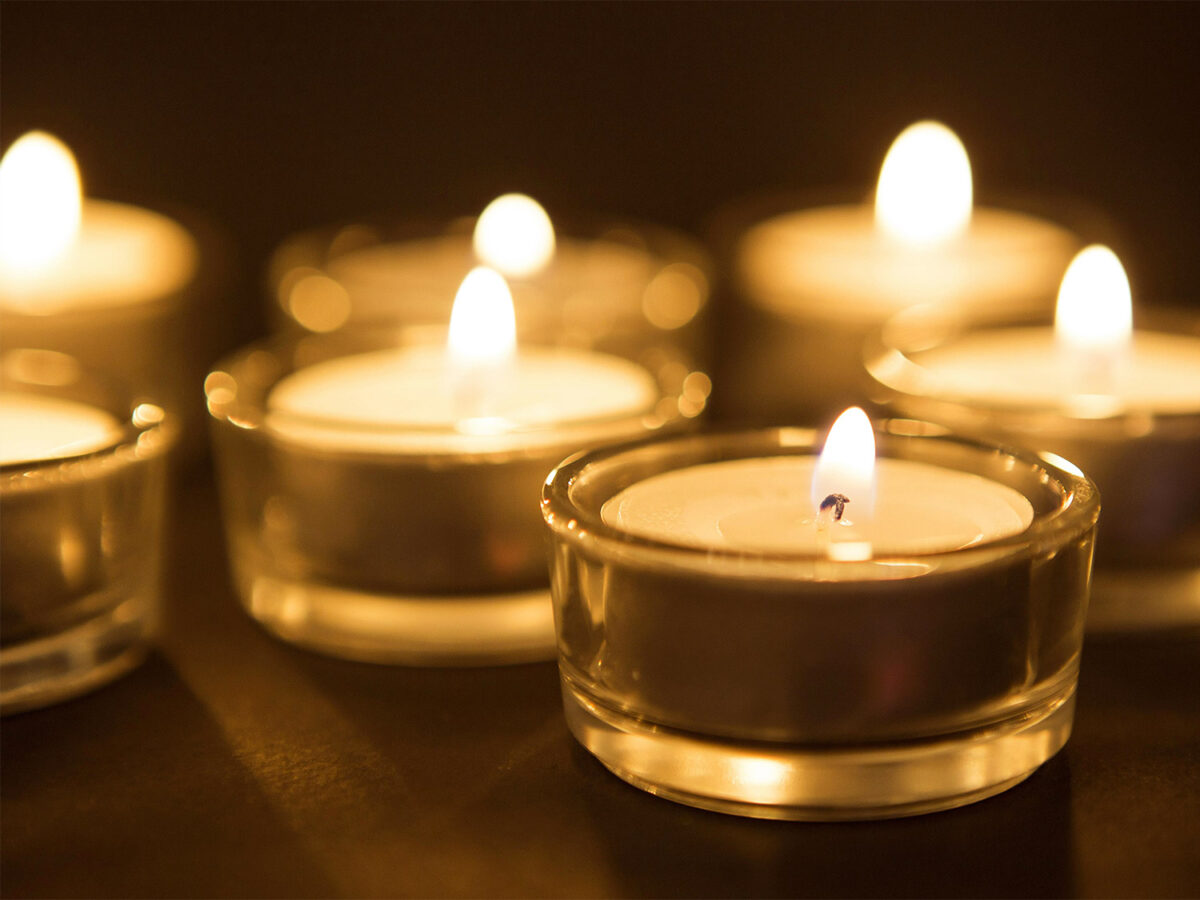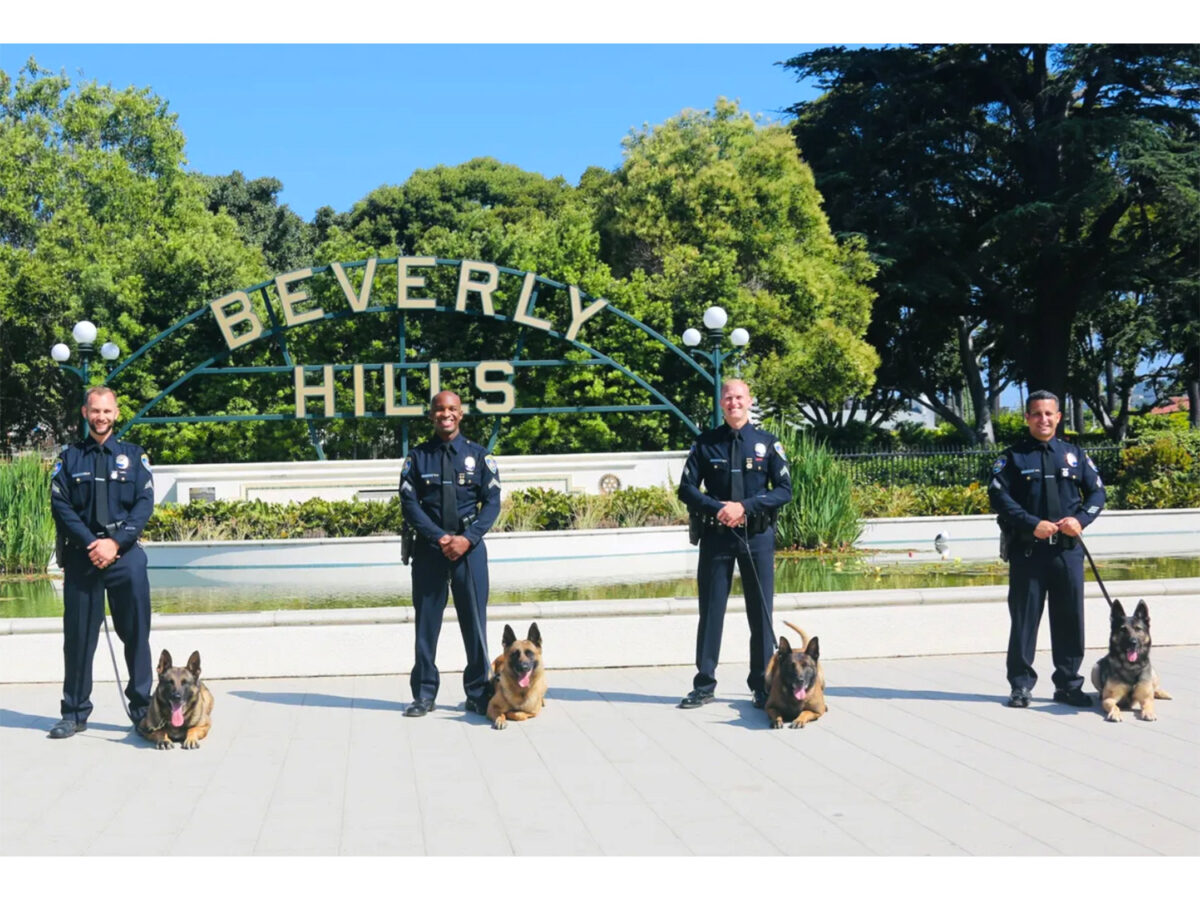Beverly Hills, known for its luxurious lifestyle and high-end fashion, is also home to a growing population of residents over the age of 60 many of whom may be experiencing disabling anxiety. Although anxiety is the most common mental health condition among older adults, it is often overlooked and underdiagnosed, leading to increased distress and reduced quality of life. Common symptoms of an anxiety disorder include fear, dread, excessive worry, obsessional thinking, difficulty concentrating, dizziness, dry mouth, frequent urination, restlessness, fatigue, muscle tension, irritability, disturbed sleep, headaches, sweaty palms, loss of appetite, excessive eating, stomachs aches, chest pain or panic attacks.
When your brain is in an overanxious state, become aware of it. Ask yourself, is this anxiety showing me something I need to see? Am I safe NOW? We call this “signal” anxiety and it is our friend. It is triggered in a variety of situations such as crossing a street, going to a doctor or getting a call in the middle of the night. Signal anxiety alerts us to potential danger so our mind and body are prepared to respond.
Signal anxiety contrasts with “free-floating” anxiety meaning that anxiety is present too often and not related to an imminent threat. Free-floating anxiety may lead to an anxiety disorder that needs treatment.
Many factors can contribute to the development of an anxiety disorder as we age.
Declining health: Aging can lead to chronic health conditions such as arthritis, diabetes, heart disease and obesity, which can limit mobility, increase pain, and lead to feelings of helplessness and anxiety. Sleep disturbances such as sleep apnea and restless leg syndrome increase as we age and can lead to anxiety and depressive disorders. We may also find ourselves taking medications to treat various illnesses which may have side effects that increase anxiety.
Financial insecurity: Many older adults are living on fixed incomes, and they may worry about paying for housing, food, and medical care. The cost of living in California is high and this period of inflation has increased the strain. These financial concerns may also prevent people from seeking appropriate self-care and medical care creating a vicious cycle.
Grief and loss: As we age, we inevitably lose friends, family members, and sometimes even spouses. These losses can be difficult to cope with, and they can lead to feelings of loneliness and depression. We may also worry about our own mortality and the uncertainty of our future.
Social isolation and loneliness: Humans are social creatures and we need one another to survive and thrive. A recent study showed that the lack of energy caused by social isolation was the equivalent of going eight hours without food. Many people of all ages have not gotten back to pre-pandemic levels of social activity. In Beverly Hills, where the cost of living is high and there is a strong emphasis on youth and appearance, social isolation may be even more prevalent. Older adults who feel they do not fit into the fast-paced, expensive, youthful culture may withdraw from social interactions, increasing their feelings of loneliness and anxiety.
Treatment: Fortunately, there are many treatment options available for excessive anxiety. Psychodynamic therapy and Cognitive-behavioral therapy (CBT) have been shown to reduce anxiety and prevent relapse. Couples or family therapy can also help to decrease symptoms and improve quality of life. Mindfulness is the practice of stepping outside our automatic thoughts and learning to observe them. We can then learn to pick and choose the thoughts and behaviors that help us feel our best. Focus on gratitude and kindness to self or others, then see how you feel.
Antidepressants or anti-anxiety medications such as Lexapro and Zoloft have been shown to be quite effective in all age groups. Treatment with benzodiazepines like Clonazepam, Xanax or Valium may be helpful in the short run but can exacerbate and create other problems if used for too long or at excessive doses. Similarly, alcohol may seem to decrease anxiety but in fact will increase anxiety and depression if used too often or in large amounts by altering brain chemistry, decreasing the quality of sleep and damaging your brain. As we age, we metabolize alcohol less effectively and even small amounts can lead to negative consequences. Internists, cardiologists and gynecologists are often comfortable prescribing these medications or can guide you to a psychiatrist. We are fortunate to have a world class institution in our backyard so don’t hesitate to reach out for help. (https://www.uclahealth.org/medical-services/psychiatry/adult/adult-anxiety-disorders-clinic).
One benefit of the pandemic was that most of us have all become more comfortable talking about mental health issues. Supplements such as St John’s wort, Ashwagandha, Valerian root, Magnesium and Omega-3 Fatty Acids have been shown to help in some cases. Make sure you check with your doctor before adding any supplements.
Proper nutrition helps us maintain a stable blood sugar and avoid mood swings and is essential for optimal health. I am sure you have felt “hangry” when you have gone too long without eating. As we age, our bodies become more reliant on proper self-care as we don’t have the physiological bandwidth to manage stress as well.
Engaging in physical activity, such as taking a walk or participating in yoga classes, can reduce anxiety. Take advantage of the city’s many parks and recreational areas as spending time in nature has been shown to have numerous mental and physical health benefits. Watching a sunrise or sunset can lift your mood and help put your issues into a larger perspective. Relaxation techniques such as deep breathing or meditation can also help to reduce feelings of anxiety especially when practiced regularly. Apps such as Calm, Headspace and InsightTimer are a great way to get started.
Massage, acupuncture, warm showers or baths, listening to soft music or sound bowls, or hugging a loved one or pet can also help to calm your overactive nervous system by releasing Oxytocin, nick named the “love or cuddle hormone.” Diving into a good book or TV show can also help quiet an overactive mind. I often go on YouTube and search “music to induce calm” or listen to one of my favorite comedians. On really challenging days, I look at photos of puppies to try to relax.
A media detox can help decrease our cortisol levels allowing us to feel calmer. During the pandemic, I advised you to stop all news consumption after dark, and I still think this is good advice. Limit your intake to what you really need to know and your nervous system can tolerate. It is important to respect your limits as you grow older as our bodies lose their resiliency and can’t rebound from stress as easily. My motto is “less is more”, and I apply it to many facets of life.
Volunteering has been shown to increase feelings of connectedness and purpose and thereby reduce anxiety. As we may age out of work, it is important to remain relevant. Find something meaningful and partake in it on a regular basis. Weekly golf or card games with friends can help ward off anxiety and depression. Religion provides comfort, especially in times of crisis and as we confront big questions as we tend to do as we grow older. If organized religion doesn’t suit you, consider a more spiritually based approach.
Technology can be a valuable tool for combating social isolation and learning. Use video conferencing tools like Zoom or FaceTime to stay in touch with loved ones, attend virtual events, or participate in online support groups. I recall my father switching to telemedicine in his late 80s because he was too frail to travel to an office but didn’t want to give up his psychiatry practice. He made this adaptation many years before the pandemic! We are fortunate now to have so many ways to connect.
Lastly, Beverly Hills has several community resources available, such as senior centers and social clubs. The Beverly Hills Active Adult Center offers a variety of social, educational, and recreational programs for older adults, including fitness classes, day trips, and special events. The center also hosts support groups for those struggling with anxiety or other mental health issues. Tap into your resources.
If you or a loved one are suffering from excess anxiety, it is important to seek help to learn to manage anxiety and resume a more fulfilling life. We are fortunate to be living in a time when and community where so many therapeutic options can be readily accessed.
As Eleanor Roosevelt said, “The purpose of life is to live it, to taste experience to the utmost, to reach out eagerly and without fear for newer and richer experience.” Don’t let anxiety hold you back from living your life to the fullest. With the right treatment and lifestyle changes, you can overcome anxiety and enjoy all that life in Beverly Hills has to offer.
Beverly Hills Courier columnist Dr. Eva Ritvo is a psychiatrist with 30 years’ experience practicing in Miami Beach. She is the author of “Bekindr-The Transformative Power of Kindness” and the Co-Founder of the Bold Beauty Project. Dr. Ritvo received her undergraduate and medical degrees from UCLA and psychiatry residency training at Weill Cornell Medicine. May is Mental Health Awareness Month, and Dr. Ritvo is speaking on opening day of the Mankind Summit, a three-day virtual event to elevate MAN (Mental Awareness Now) on May 17-19 from 11 a.m– 4 p.m. EST. To register for the summit, visit
https://mankindsummit.com/.







